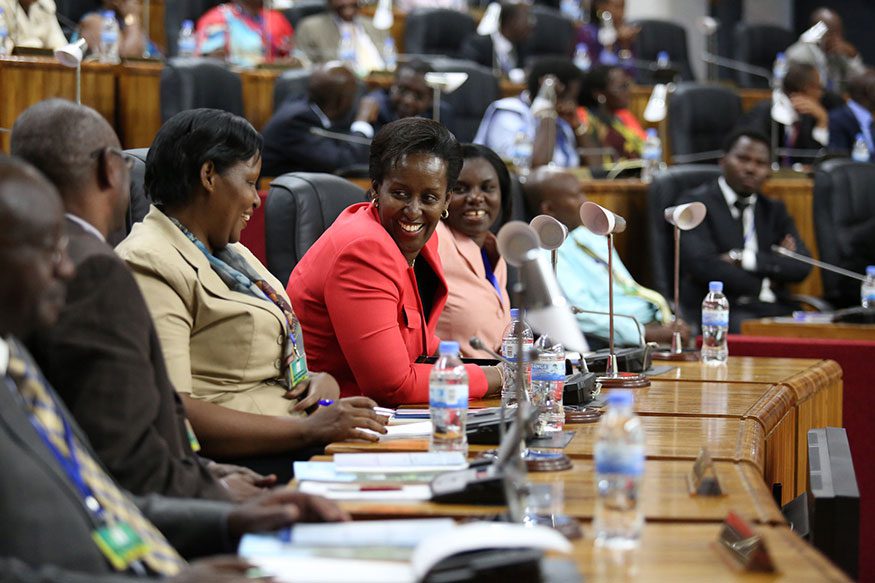Editor’s note: This article is part of the March 2020 issue of Institute Insights.
By Jordan Teague
Women make up essentially half of the world’s population, but hold an average of only 25 percent of positions in national parliaments around the world. In the United States, women are just 24 percent of the 116th Congress. While both of these are the highest on record, they are clearly far from equal. Bread for the World argues that more women in political leadership positions would significantly advance the cause of ending hunger in the United States and around the world.
You don’t need me to tell you the importance and value of women and their contributions, but since March is Women’s History Month and March 8 was International Women’s Day, I’ll happily oblige. It’s widely recognized that women have a collaborative leadership style, and their conflict resolution skills are sorely needed in our world today. Development practitioners agree that a household budget in the hands of a woman is typically spent to improve the health and well-being of all family members. Why wouldn’t the same be true when women are in charge of countries?
In 2015, Bread for the World wrote about how when women flourish, we can end hunger. We reported extensively on countries that reserve shares of seats in parliaments for women – more than 80 do so. In 2003, Rwanda set a quota of 30 percent for women in elected positions. By 2019, 61.3 percent of seats in Rwanda’s parliament were held by women—the world’s first female-majority legislature.
Why does it matter whether women are represented in positions of decision-making? As the 2015 Hunger Report explains, Rwanda’s parliament now analyzes each piece of legislation according to its fairness to men and women. Just one example of how this is making a difference is that Rwanda now has laws that grant inheritance and land rights equally to men and women. Though establishing equality before the law has other components as well, the enactment of this group of laws jump-starts the ability of women to own the land that they farm—a hugely important factor in improving agricultural production and food security.
Since 2015, other countries have made progress on women’s representation in politics. In October 2018, Ethiopia elected its first female president in modern history, Sahle-Work Zewde. At the same time, Prime Minister Abiy Ahmed appointed women to half of the ministerial roles in the Ethiopian Cabinet, including key positions such as the Minister of Defense and the Minister of Peace. The representation of women in Ethiopia’s parliament is nearing 40 percent. As Fitsum Arega, the prime minister’s chief of staff, said, “The appointment of a female head of state not only sets the standard for the future but also normalizes women as decision-makers in public life.”
The 2015 Hunger Report made several recommendations that are still important in moving toward gender equity and the end of hunger. One was to make it easier for women to run for public office at all levels of government, and another was to build a generation of women leaders in government and civil society. I believe the two are mutually reinforcing. When young women see other women in positions of decision-making and political power, they grow up believing that this is not only possible but normal. Let’s make it so.
Jordan Teague is senior international policy advisor with Bread for the World Institute.



